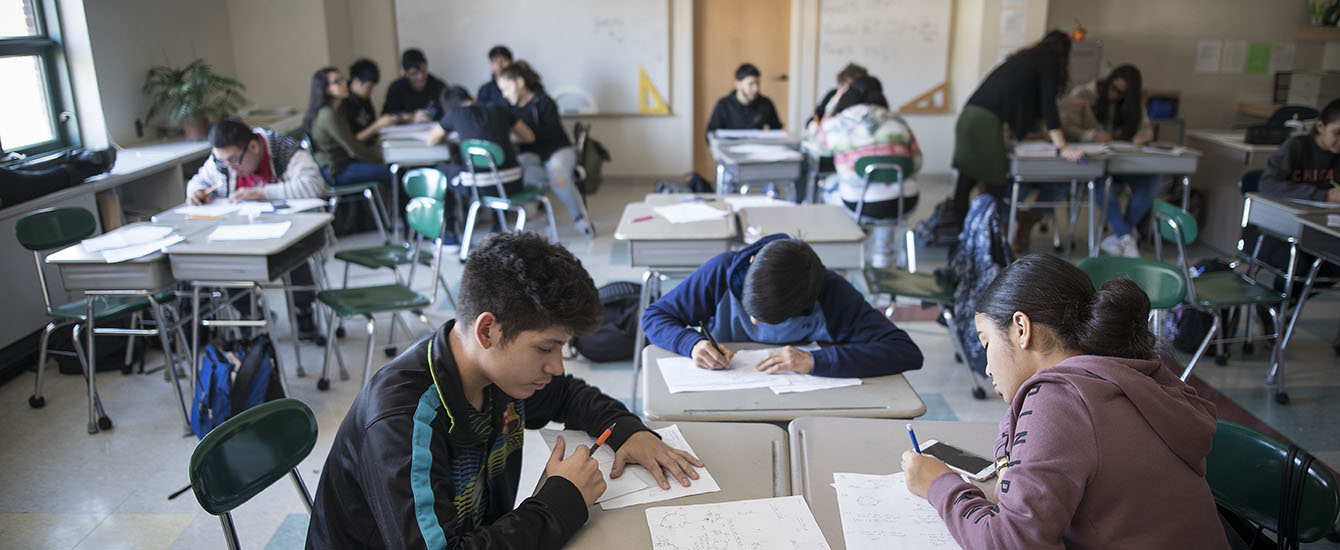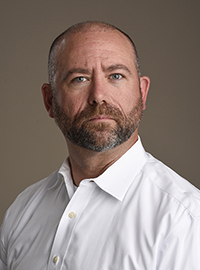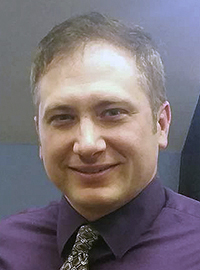The different histories and cultures of the partner schools provide the Adam Institute with an opportunity to learn how to help different schools develop into powerful centers of learning for all students.
The Adam Institute’s network of partner schools is centered in Main South, an ethnically and linguistically richly diverse urban neighborhood in Worcester, Massachusetts. Partner schools represent the neighborhood’s diversity fully. Woodland Academy in fact has had the largest proportion of English learners in Massachusetts for several years. The partner schools reflect a wide range of the challenges and possibilities of reform, and so an opportunity for co-learning and cross-fertilization with the Adam Institute. All of the partner schools collaborate in support of the Master of Arts in Teaching program, each hosting a cohort of students annually.
University Park Campus School (UPCS) stands tall in the history of Adam Institute work. UPCS was co-developed with Clark in the 1990s to provide new educational opportunity to Main South students and to enhance the revitalization work in the neighborhood. UPCS teachers and principal are graduates of our teacher education programs, its students almost universally qualify for postsecondary education, and it serves as a national model of effective urban schooling and partnership.
Neighborhood Innovation School Cluster
UPCS became a model for the development of the “Innovation School” option in Massachusetts legislation, An Act Relative to the Achievement Act, in 2010. Subsequently, four partner schools, including UPCS, have qualified as innovation schools with Adam Institute support. This status has a bearing on the flexibility the schools have in certain areas, including hiring, and enhances their ability to work with the Adam Institute in partnership.
Closely related to the work of UPCS, since 2012 the Institute has strived to be a supportive partner in the effort to rebuild culture and practice at Claremont Academy. The institute supports the efforts of the school’s leaders and teachers to develop practice and a college-going culture at Claremont. The institute envisions Claremont and the three innovation schools in the immediate neighborhood (Goddard Elementary, Woodland Academy, and UPCS) as the basis for a closely networked, neighborhood-based educational campus.
More on Our Partner Schools
Jacob Hiatt Elementary also began as a magnet school. In the past, it has been recognized by the federal Department of Education as a “Blue Ribbon” school and been recognized for its professional development practice. The school strives to build a coherent culture and instructional practice for its students. It has been home to as many as seven MATs at a time.
Woodland Academy, a neighborhood school adjacent to Claremont Academy, has one of the highest percentages of English language learners in Massachusetts. Its instructional practice focuses on inclusion and strategic differentiation. It also is a primary location for MATs, past and present.
UPCS, a grades 7-12 school, and one of the most outstanding small, urban public schools in the country, was developed by the school district in partnership with Clark, a few short blocks away. UPCS serves about 250 students living in the Main South neighborhood surrounding the University; more than two-thirds speak a language other than English at home. The striking and steadily improving record of UPCS in preparing all of its students for postsecondary education since it opened in 1997 stands as a persuasive testament to what students from challenging environments can achieve when practice, culture, and partnership are tightly aligned. Almost all of the core academic teachers at the school is a graduate of the Clark teacher education programs.
Claremont is located only blocks from UPCS. Since 2012, the partnership has supported the rebuilding of Claremont culture and practice after several years of underperformance, helping to qualify the school as an Innovation School. Partnership work focuses on collaborative learning practices for teachers (including teacher research), the MAT program, and supplemental academic and college readiness programs for students. As of 2019, six teachers and two administrators, including the principal, are Clark graduates.
South High is a comprehensive high school that strives to prepare urban students to be career and college ready. South High’s core school values are collaboration, respect, youth philanthropy, and community service. South High hosts as many as ten Master of Arts in Teaching interns yearly. As of 2019, eleven graduates of the MAT program were teaching at South.


 As teacher and then principal of University Park Campus School, I came to understand that the value of this partnership went beyond the teachers and administrators. Students were also the beneficiary. From the beginning, the students in our neighborhood felt connected to the University. It was a place where they felt they belonged. They were welcomed there, and came to see themselves as college-worthy well before they applied. Students went to the library, to the athletic center; they played football in the President’s backyard. The lines separating the University’s campus and ours were so blurred we all felt at home no matter where we were.
As teacher and then principal of University Park Campus School, I came to understand that the value of this partnership went beyond the teachers and administrators. Students were also the beneficiary. From the beginning, the students in our neighborhood felt connected to the University. It was a place where they felt they belonged. They were welcomed there, and came to see themselves as college-worthy well before they applied. Students went to the library, to the athletic center; they played football in the President’s backyard. The lines separating the University’s campus and ours were so blurred we all felt at home no matter where we were. In the late 1990s I was a Clark University sophomore, doing observations for an undergraduate education course that took me to University Park Campus School, a new neighborhood school founded by Clark and the Worcester Public Schools. Now I am that school’s principal.
In the late 1990s I was a Clark University sophomore, doing observations for an undergraduate education course that took me to University Park Campus School, a new neighborhood school founded by Clark and the Worcester Public Schools. Now I am that school’s principal.